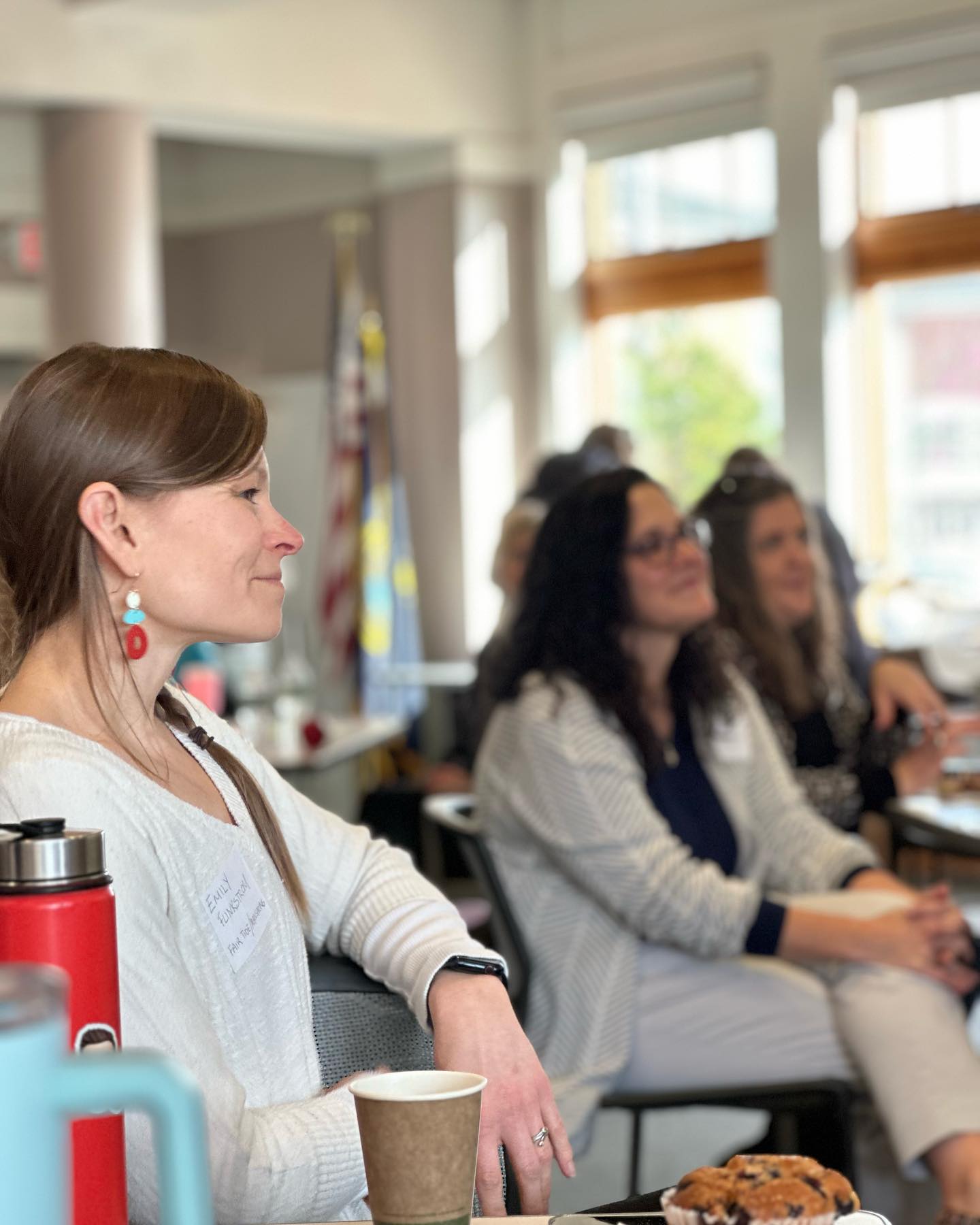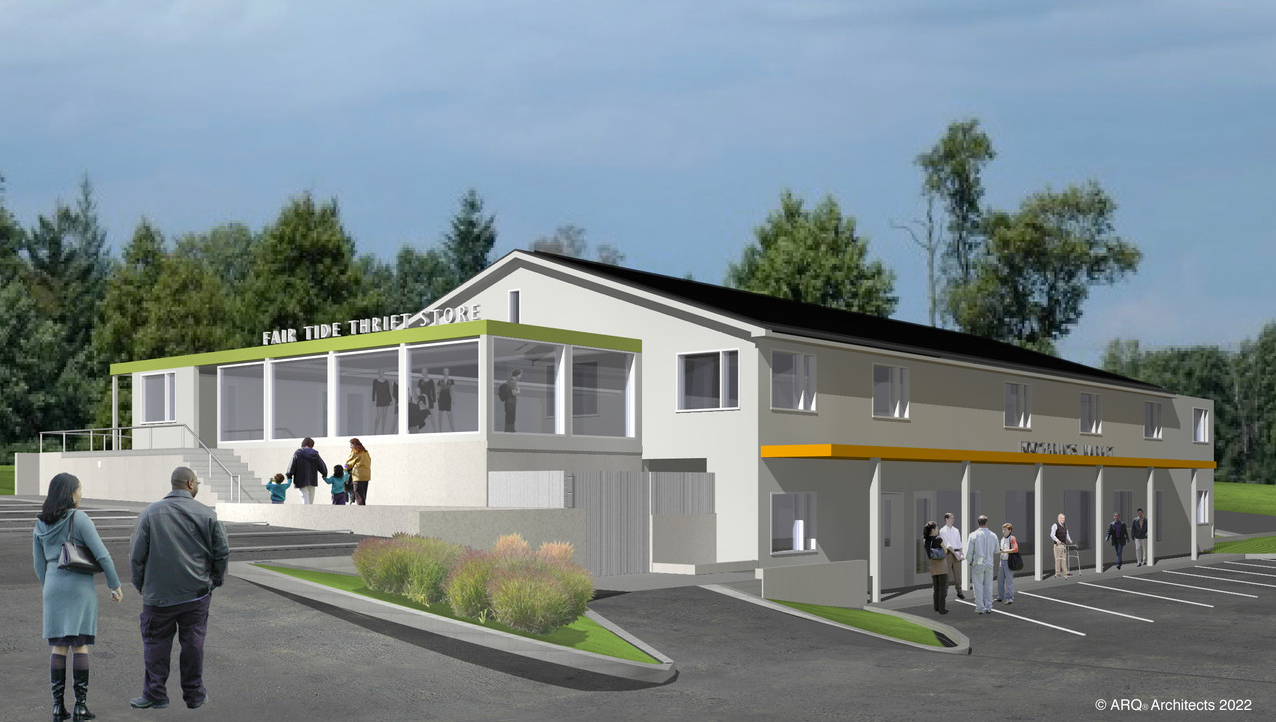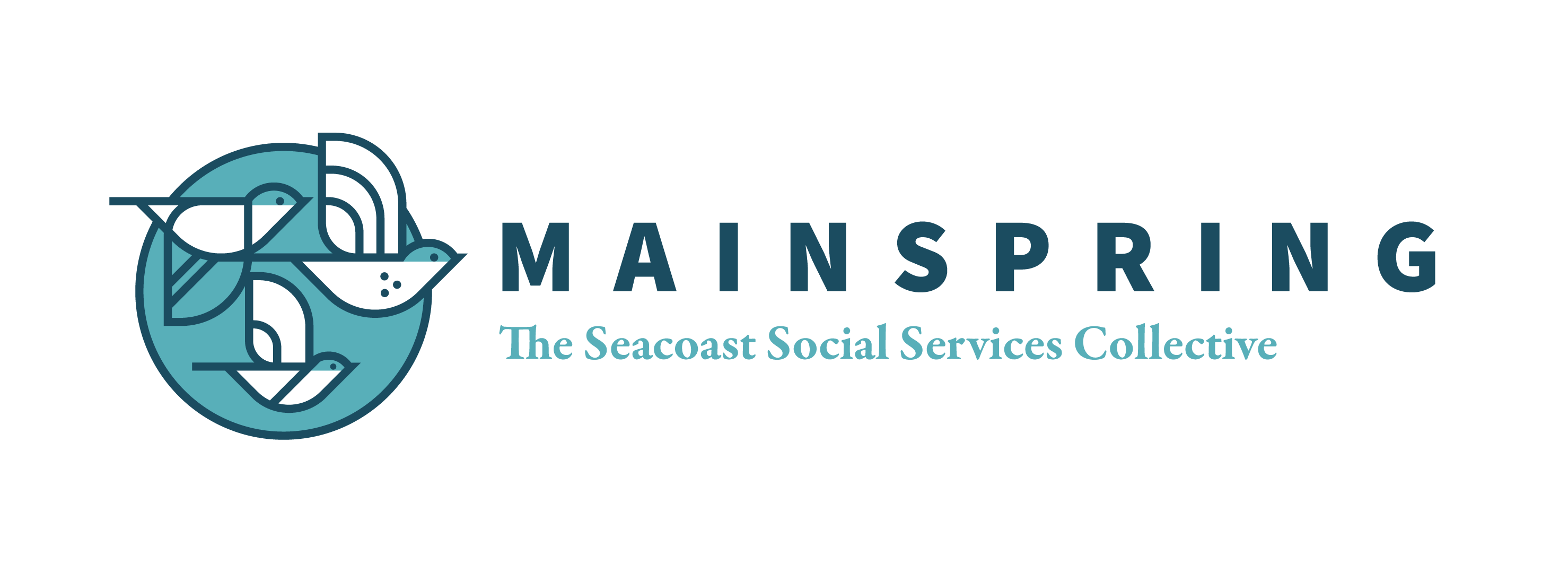Advocacy and System-Level Change
Changing the system to provide a sustainable pathway out of poverty.
Change at the Macro-Level
We engage in advocacy, education and collaborative efforts at the local, regional, state, and federal levels to increase affordable housing opportunities and strengthen our social safety net.
Committees and Coalitions
Our Executive Director, Emily Flinkstrom, is instrumental in system-level change here in the Seacoast. In Kittery, Emily serves as vice-chair of the Housing Committee and a member of the Housing Education Sub-Committee, Land Issues Committee and Open Space Committee. In the neighboring Town of Eliot, Emily is part of the Comprehensive Planning Housing Sub-Committee drafting housing-related goals to guide the next ten years of growth. Emily is part of the Regional and Statewide Homeless Councils in Maine and actively participates in the Homeless System Redesign work as a member of the York County/Hub One team. She is on the leadership team of Home for All, a coalition to end homelessness in the
Seacoast, and is co-chair of the committee focused on increasing local advocacy for housing. Participation in this macro-level work gives Fair Tide a voice at the table where important decisions are made around resource allocation, policy, and public program design and implementation. It puts the often-forgotten Southern Maine region at the forefront, paving the
way for Fair Tide’s programmatic growth.
Homeless System Redesign
In the system redesign, the state is working toward creating regional hubs, and we are on the team rolling out the Hub One model in our county. This new model will improve the way organizations work collectively to address homelessness locally, regionally and statewide. The new system will allow for better communication, data tracking, and even coordinated entry. Efforts are well underway, and part of coordinated entry will include case conferencing on a county-level to make sure each household that is experiencing homelessness is getting individualized care plans and has access to available resources. Once this system is in place, as a community we will have a better idea of the needs and best ways to provide solutions across agencies.
Mainspring Collective
Another important system-level change effort led by Fair Tide is the development of Mainspring. In recognition of the difficulty individuals and families have navigating our current social service system and, in an effort to prevent households from falling into homelessness, Fair Tide and Footprints Food Pantry came together to create a new one-stop-shop resource hub headquartered in Kittery, Maine. We are bringing over a dozen programs and services under one roof, systematically and physically connecting organizations through co-location, centralized intake, shared data, and case conferencing. This multi-pronged approach is critical to addressing the health of the whole person and developing a sustainable pathway out of poverty. Mainspring is being looked to as a model for possible replication throughout the region, as it is based on numerous best practices and takes a coordinated and holistic approach to the overall health of a household. We will open our doors in early 2025 and we expect Mainspring to impact the lives of over 3,000 people annually.



